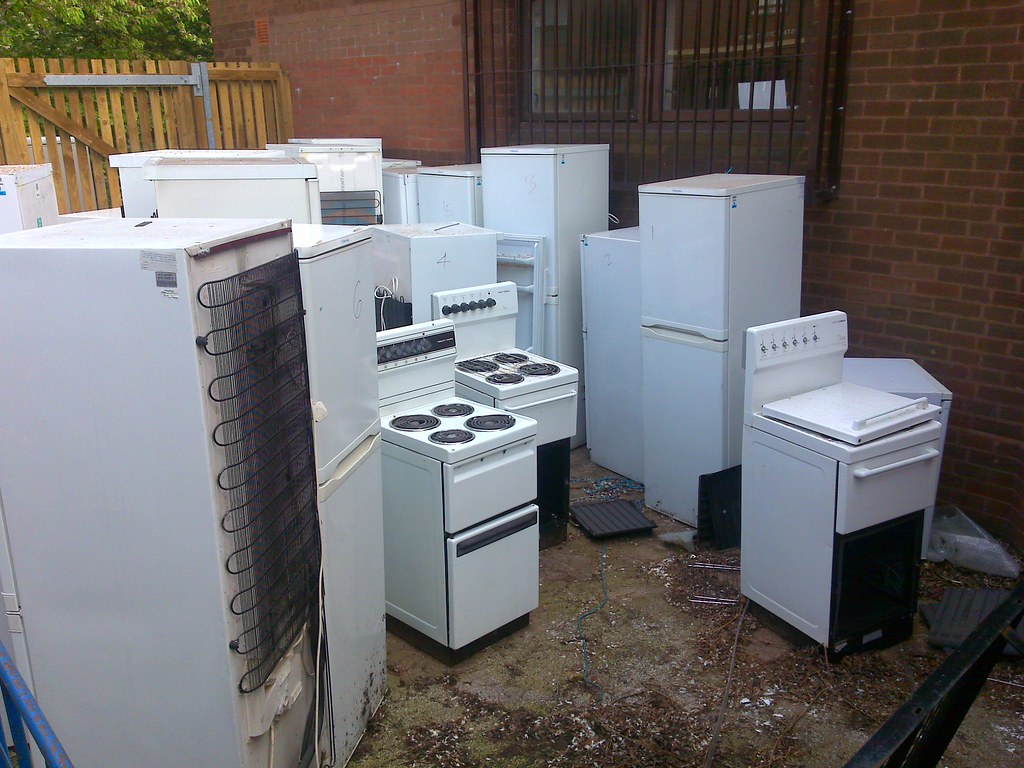Using incentives to affect throwaway behaviour
 Can behavioural economics be applied to the case of Sweden? The Swedish government is trying this out by changing government policy in a way that may encourage its residents to change their behaviour.
Can behavioural economics be applied to the case of Sweden? The Swedish government is trying this out by changing government policy in a way that may encourage its residents to change their behaviour.
People in many countries in the world live in what is often called a ‘throwaway society’. If something breaks, it’s often easier and cheaper simply to get rid of it and buy a new one. But with changes in government policy, including VAT cuts on repairs to white goods, the objective is to encourage consumers to repair their goods, rather than buying new ones. This is also contributing towards the wider objective of sustainable consumption, which is being promoted by the Swedish government.
Per Bolund, who is one of Sweden’s six Green Ministers, spoke about this policy commenting that:
“Consumers are quite active in changing both what they buy and how they buy in Sweden … We believe that getting lower costs for labour is a big part in making it more rational to repair rather than just to buy cheap and throw away …If we don’t change the economic incentives the change will never come.”
Whether or not this policy works will take some time to see, but it’s certainly an interesting test of how changing incentives affect consumer behaviour. You can read about other examples of nudging in the following blog A nudge in the right direction?.
Articles
Waste not want not: Sweden to give tax breaks for repairs The Guardian, Richard Orange (19/9/16)
Can Sweden tackle the throwaway society? BBC News (20/9/16)
Trendy now, trash tomorrow Huffington Post, Kirsten Brodde (29/9/16)
Hong Kong needs a strategy quickly for dealing with waste South China Morning Post (27/9/16)
Questions
- If VAT on repairs falls, how will this affect consumer behaviour?
- Do you think there would be an income and a substitution effect from this change in government policy? What would they be?
- How is the Swedish government using incentives to change consumer behaviour?
- If it is cheaper to buy a new white good, then is it rational to buy a new one rather than repair an existing one?
- How effective do you think this policy would be in encouraging consumers to change their behaviour?
- Find some other examples of how people might be nudged to behave in ways that are in their own interest or that of society.